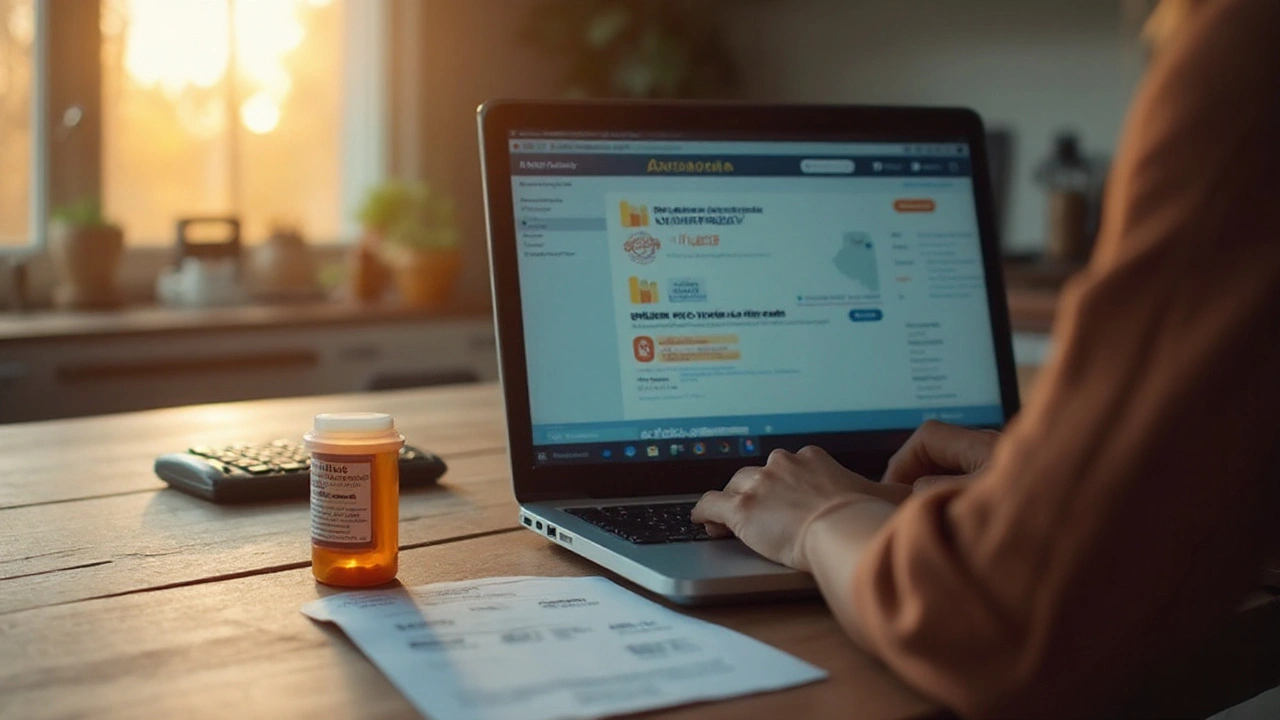PBS Depakote: Your Quick Guide to Cost, Eligibility and Safe Use
If you or someone you know has been prescribed Depakote (valproate) for epilepsy, bipolar disorder or migraine prevention, the first thing you wonder about is the price. In Australia the Pharmaceutical Benefits Scheme (PBS) helps keep the cost low, but the rules can feel confusing. This guide breaks down everything you need to know in plain English – from who qualifies for a PBS concession to how to manage side‑effects safely.
How PBS Reduces the Price of Depakote
When Depakote is listed on the PBS, the government subsidises most of the price. That means the pharmacy only charges you a standard copayment, which for general patients is around AU$44.70 per prescription (as of 2025). If you hold a concession card – for seniors, pensioners, low‑income earners or veterans – the copayment drops to roughly AU$7.20. The actual amount you pay can vary a bit depending on the pharmacy’s dispense fee, but the subsidy stays the same.
The key is that the prescription must be written for an approved PBS indication. For Depakote, those include:
- Epilepsy (generalised or focal seizures)
- Bipolar I disorder (mania or mixed episodes)
- Migraine prophylaxis (only when other treatments fail)
If your doctor prescribes Depakote for an off‑label use, you’ll likely have to pay the full price out of pocket.
Who Can Get Depakote on the PBS?
The PBS doesn’t automatically cover every patient. Your doctor must submit a “PBS authority” request if you’re receiving Depakote for a condition that isn’t on the standard list, or if you need a higher dose than the PBS schedule allows. Most people with epilepsy or bipolar disorder will qualify without extra paperwork, but it’s worth asking your prescriber about the process.
Concession eligibility is checked via your Medicare card. If you’re not sure whether you qualify, call Medicare or visit a local service centre. Getting the right card can shave $37 off each prescription – a real money‑saver if you’re on a long‑term regimen.
Practical Tips for Using Depakote Safely
Even with a cheap price tag, Depakote isn’t a “take‑any‑where” drug. Here are three everyday steps to keep you safe:
- Regular blood tests. Valproate can affect liver function and blood cell counts. Your doctor will likely ask for a liver panel every 3‑6 months, especially the first year.
- Stay consistent with dosing. Missing doses can trigger seizures or mood swings. Use a pill‑box or set a daily alarm to stay on track.
- Watch for pregnancy warnings. Valproate carries a high risk of birth defects. If you’re pregnant, planning pregnancy, or could become pregnant, discuss alternatives with your doctor immediately.
If you notice unusual tiredness, nausea, or bruising, call your pharmacy or doctor right away. Early detection avoids bigger issues later.
Alternatives and When to Switch
Some patients find other mood stabilisers or anti‑seizure meds work better with fewer side effects. Common alternatives include lamotrigine, carbamazepine, or newer agents like lacosamide. Talk to your prescriber before making any changes – stopping Depakote abruptly can cause serious rebound seizures.
When cost is a concern, ask if a generic version of valproic acid is available on the PBS. Generic tablets have the same active ingredient and are usually cheaper than the brand name Depakote, but they’re still covered by the same PBS schedule.
Bottom line: the PBS makes Depakote affordable for most Australians with the right indication and eligibility. Keep your concession card handy, stay on top of blood tests, and never skip the safety conversation with your doctor. With these steps, you can manage your condition without breaking the bank.
Buy Generic Depakote Online Cheap: Safe Options, Pricing & Australia Guide (2025)
Want cheap generic Depakote online? Learn what to buy in Australia, real prices, legal rules, safe pharmacy checks, side effects, and better ways to save in 2025.

